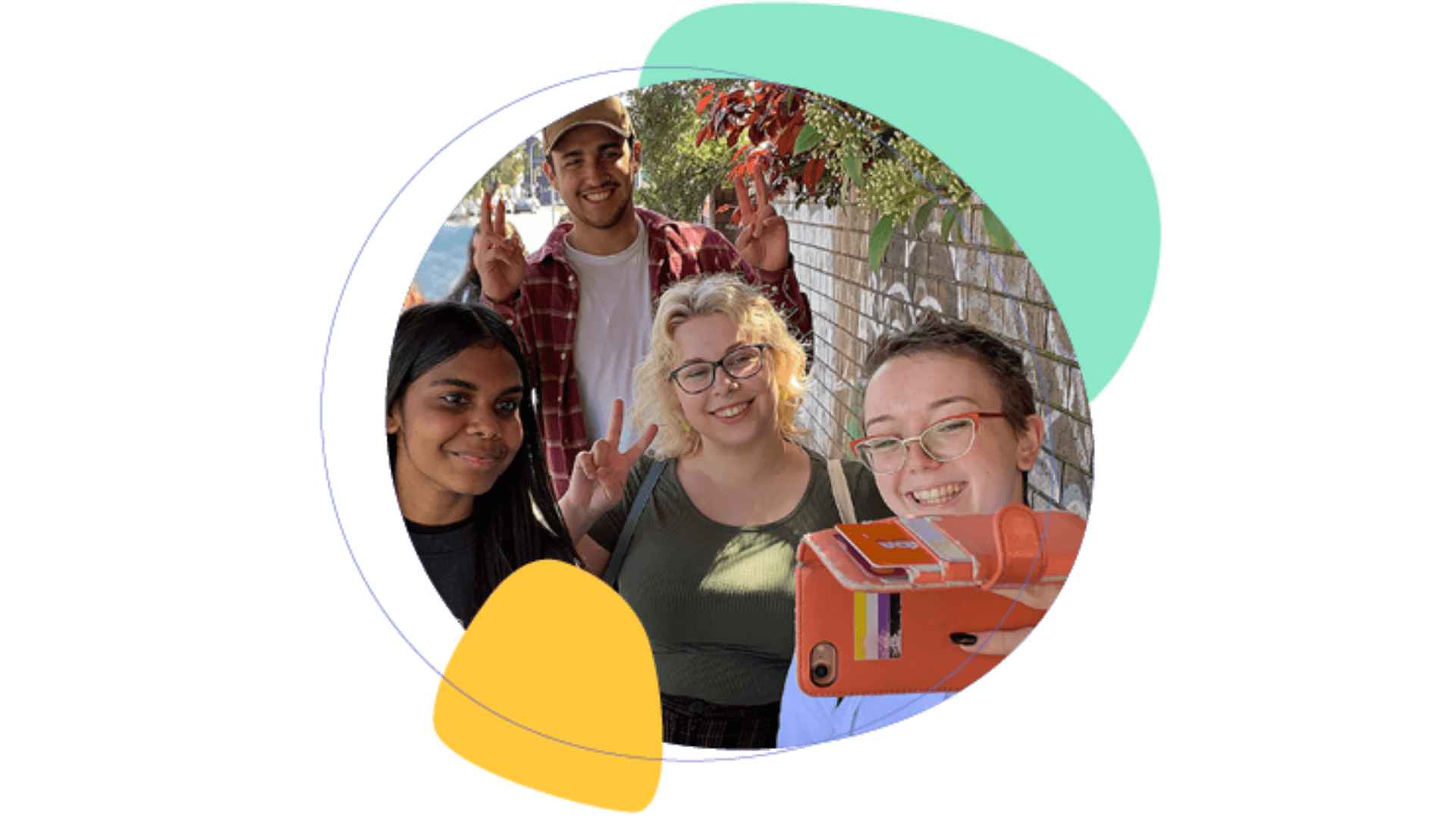If you are in distress, you can call or text 988 at any time. If it is an emergency, call 9-1-1 or go to your local emergency department.
- Guidelines, Public Resources
#ChatSafe: A young person’s guide to communicating safely online about self-harm and suicide
In Canada, an estimated 1.6 million children and youth have a diagnosed mental health challenge. The COVID-19 pandemic has had serious global economic and social impacts, and it continues to alter the lives of many people. Young people are particularly vulnerable to the disruptions the pandemic has caused, and many are being left behind in education, economic opportunities, health and well-being during a crucial stage of their development. #ChatSafe is an internationally renowned suicide prevention program that aims to empower and equip young people to communicate safely online about self-harm and suicide on social media and other digital platforms and empower their parents or caregivers to support them in communicating safely. These are the world’s first evidence-based guidelines are designed to support safe peer-to-peer communication between young people aged 12-25. This may include young people responding to content related to self-harm or suicide, young people looking for information or support about suicidal feelings, or those who might want to share online their own feelings and experiences with self-harm or suicide. Developed in partnership with Orygen‘s world-class research team and young people, the #ChatSafe guidelines address the critical need for open dialogue while navigating sensitive topics and aim to reduce stigma, fear, and misinformation surrounding self-harm and suicide discussions online. Originally published in 2018 in Australia, the globally recognized #ChatSafe guidelines have been translated into 25 languages and have found a home in the safety centres of numerous major social media platforms. This second edition, tailored for the Canadian context, comes at a crucial time as rates of self-harm and suicide among young people continue to rise.Key Features of the #ChatSafe Guidelines:
- Guidelines, Public Resources
#ChatSafe: A young person’s guide to communicating safely online about self-harm and suicide
#ChatSafe: A young person’s guide to communicating safely online about self-harm and suicide
- Children and Youth, Mental Health Tips, Suicide Prevention
In Canada, an estimated 1.6 million children and youth have a diagnosed mental health challenge. The COVID-19 pandemic has had serious global economic and social impacts, and it continues to alter the lives of many people. Young people are particularly vulnerable to the disruptions the pandemic has caused, and many are being left behind in education, economic opportunities, health and well-being during a crucial stage of their development. #ChatSafe is an internationally renowned suicide prevention program that aims to empower and equip young people to communicate safely online about self-harm and suicide on social media and other digital platforms and empower their parents or caregivers to support them in communicating safely. These are the world’s first evidence-based guidelines are designed to support safe peer-to-peer communication between young people aged 12-25. This may include young people responding to content related to self-harm or suicide, young people looking for information or support about suicidal feelings, or those who might want to share online their own feelings and experiences with self-harm or suicide. Developed in partnership with Orygen‘s world-class research team and young people, the #ChatSafe guidelines address the critical need for open dialogue while navigating sensitive topics and aim to reduce stigma, fear, and misinformation surrounding self-harm and suicide discussions online. Originally published in 2018 in Australia, the globally recognized #ChatSafe guidelines have been translated into 25 languages and have found a home in the safety centres of numerous major social media platforms. This second edition, tailored for the Canadian context, comes at a crucial time as rates of self-harm and suicide among young people continue to rise.
Key Features of the #ChatSafe Guidelines:
SHARE THIS PAGE
RELATED

Review our Assessment Framework for Mental Health Apps — a national framework containing key standards for safe, quality, and effective mental health apps in Canada.

To help expand the use of e-mental health services, we developed four online learning modules based on our Toolkit for E-Mental Health Implementation, in collaboration with the Centre for Addiction and Mental Health (CAMH).

Stepped Care 2.0© (SC2.0) is a transformative model for organizing and delivering evidence-informed mental health and substance use services.

